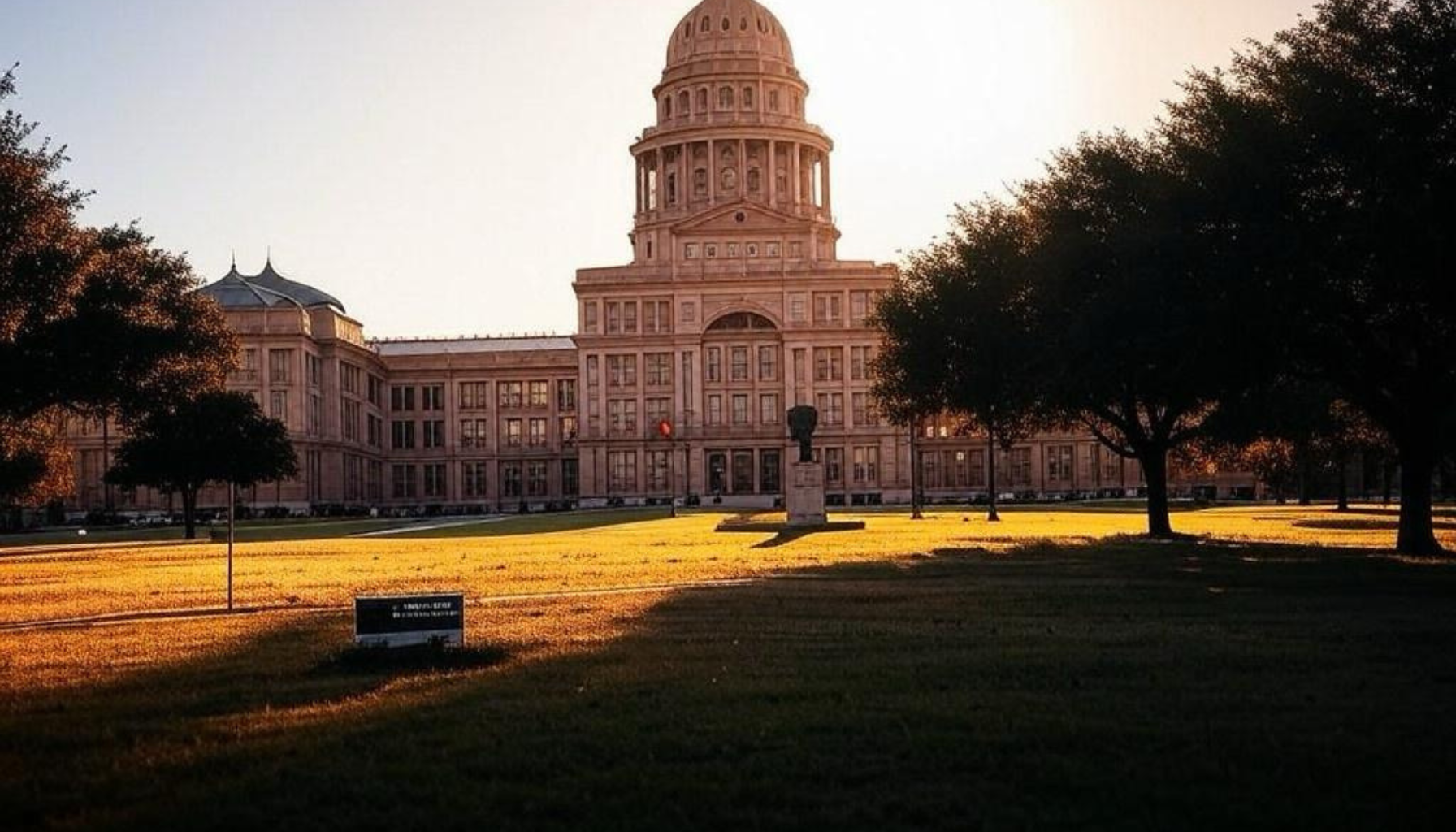What did Austin Texas Used to be Called?
What was Austin, Texas, Formerly Called?
Austin, Texas, now praised as the vibrant head of the Lone Star State, has roots tracing to its early days. Prior to flowering into the bustling metropolis it is today, the city of Austin was early known as Waterloo. It was a name replacement at that place and time which initiated an alteration that dramatically affected what would be called a cultural and political phenomenon.
Origins of Waterloo
In 1839, the Republic of Texas had been declared independent from Mexico and was seeking a permanent capital. Chosen for the site of this new capital was a small settlement near the Colorado River that was first called Waterloo. A site selection commission under President Mirabeau B. Lamar chose Waterloo as its site. They also acknowledged the strategic position of the area around Waterloo, due to the proximity of the city to sources of water, a well-defendable position against the raids from Native American tribes, and the Mexican forces.
The name "Waterloo" is believed to have been suggested by the famous battle in Belgium, but it did not survive for long. Shortly after being named the capital, the town was renamed Austin after Stephen F. Austin, known commonly as the "Father of Texas." This was done because when Congress passed the bill selecting the new capital location they stipulated that any future selected capital had to bear Austin's name in his honor for being such a pivotal figure in the settling and development of Texas.
From Waterloo to Austin: Transition
It was more than the name which changed from Waterloo to Austin; it reflected an essential change in city identity and its future course. Austin, as it was made the capital of Texas, started to host settlers and businesses who hoped to take advantage of their new position. The lots in Austin were first auctioned off in August 1839, and by the end of that year, the population was fast growing.
Despite being very vulnerable, as many had previously perceived, Austin turned out to grow all through the 19th century. It became an important center for commerce and governance in Texas with the establishment of such infrastructures as roads and railroads. Growth in the city continued, with different neighborhoods taking on their own identity over time.
Cultural Significance
Today, most Austinites do not often think about the city's former name, but Waterloo still has some cultural relevance. The Waterloo Ice House and Waterloo Records are just a few of the local businesses that take their names from this early identity. Historical nods also appear throughout the architecture and street names in the city.
Austin's transformation from Waterloo into a thriving urban center is a testament to its resilience and adaptability. The city has embraced its eclectic culture and diverse population while maintaining a connection to its historical roots.
Modern Austin
Nowadays, Austin prides itself on being renowned for its vibrant art activities, music festivals like South by Southwest, and even has turned into a center that has gained popularity as "Silicon Hills." The city has become a signature for innovation and ingenuity but also honors the heritage it stands upon.
From historic buildings standing amongst modern skyscrapers, to yearly events celebrating both local heritage and current trends, remnants of its past are alive today as one explores Austin.
From learning how to best take care of homes within this historic city to specific cleaning services for busy lives, Sparkly Maid Austin offers a wide array of cleaning solutions to meet residents' needs.
Conclusion
Understanding Austin's beginnings provides a real point of reference regarding how far it has come since this city went by the name Waterloo. Larger themes of growth and change, common throughout Texas history, are reflected in its evolution.
The transformation of Austin from a humble village called Waterloo into the bustling metropolis that it is today poignantly demonstrates that as much as we look forward to great things to come, there is much to learn and appreciate from our past. Whether you've lived in Austin all your life or have moved here because of its charm, embracing both its past and its future can enhance your time in this vibrant city.
If you are planning on moving or need cleaning services associated with your move into this historic area, consider finding a move-out cleaning service to assist in making your relocation easier.
For more information on what makes Austin unique, or to view other services that Sparkly Maid Austin offers, please feel free to check out our homepage for more information.
